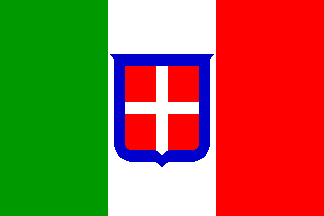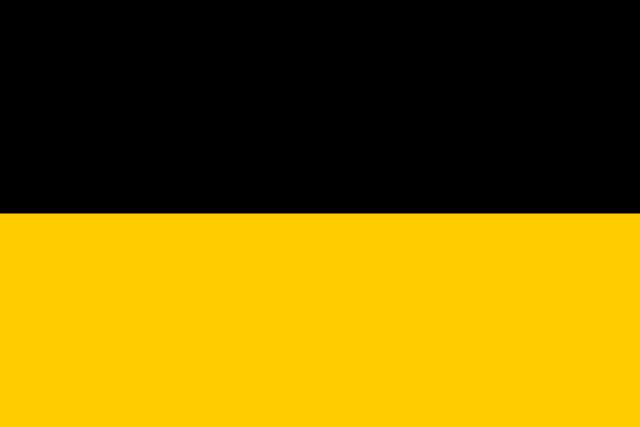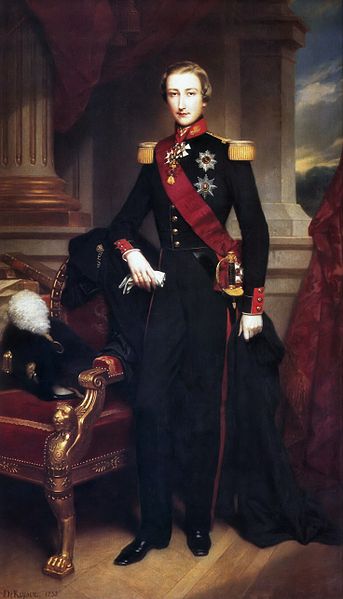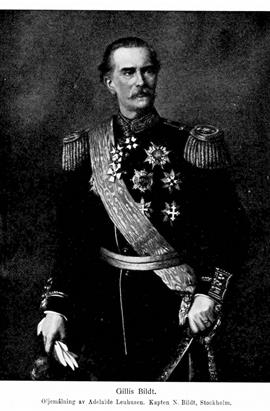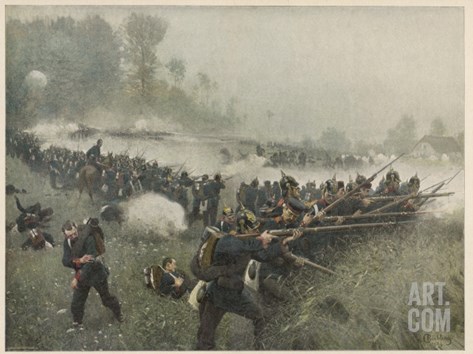
The Kingdom of Prussia
We are gravely disappointed by the extreme measures taken by the Kingdom of Sweden, which shall henceforth be barred from taking loans from any Prussian bank, either during this war or following its conclusion, until and unless they take immediate steps to rectify their previous statements. While suspension of debt payments during hostilities is internationally respected, choosing to default on such a large percentage of their debt will have drastic economic repercussions that extend far beyond this war. We urge them to take responsible action and adjust their stance.
His Royal Majesty, William I, as King of Prussia and Commander-in-Chief of the Royal Prussian Army, hereby announces a general mobilization of the Prussian reserves.
On behalf of His Royal Majesty, William I, King of Prussia,
Otto von Bismarck
Minister-President of Prussia



